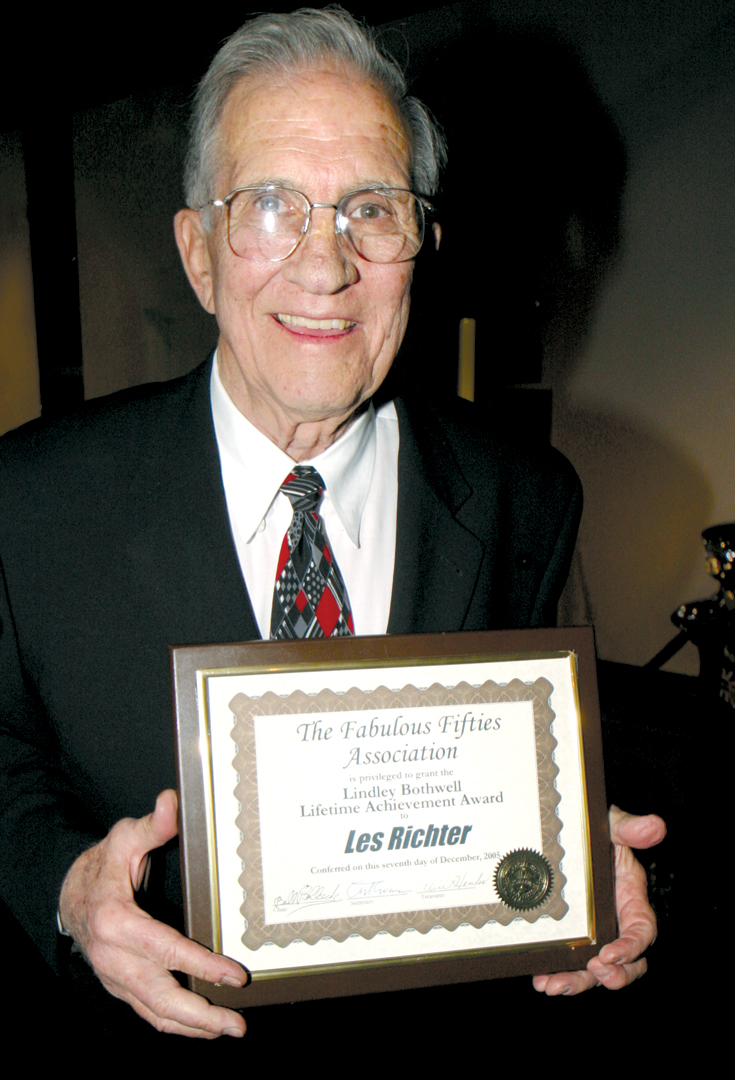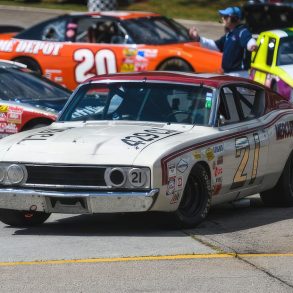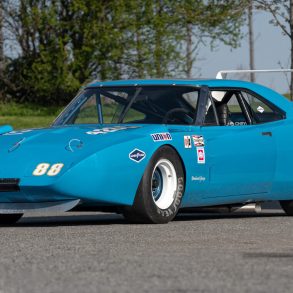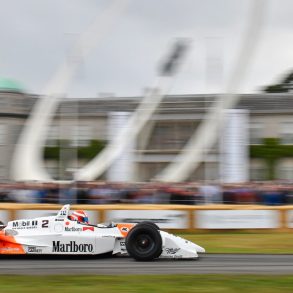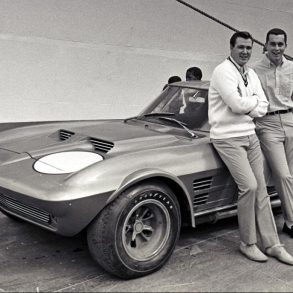Leslie Alan Richter was born on October 26, 1930 in Fresno, California. He graduated from Fresno High School where he was student body president and captain of the football team. The six-foot-three, 230-pound linebacker went on to the University of California at Berkeley where he graduated with a degree in Business Adminstartion as valedictorian of the Class of 1952 after twice earning All-American honors. He was later elected to the College Football Hall of Fame.
After graduation, Les served as a First Lieutenant in the 44th Infantry Division during the Korean War and while stationed at Fort Lewis, Washington, he coached the football team where he became known as “The Coach,” a moniker that followed him for the rest of his life. Upon mustering out, he was the second pick in the NFL Draft, but then the Los Angeles Rams traded 11 players and draft choices for Richter. He played with the Rams for nine seasons, earning All-Pro honors after eight of them.
In 1959, one of the Rams owners, Edwin Pauley, was part of a group considering buying the recently constructed Riverside Raceway, and asked Les to take a look at it. “I’ll never forget the first time I saw the place,” said Richter, “It was just a strip of asphalt twisting over hilly desert. There were rattlesnakes, coyotes, owls and no telling what else around.” Nevertheless, the group was pleased with his report and offered him a job as executive director, which he accepted. In 1961, he became president and general manager, a position he held until 1983.
In 1963, he persuaded Bill France Sr. to bring NASCAR to Riverside, and in 1969 supervised a $3.6 million improvement as he guided the facility to international prominence. In 1983, France made Richter a executive with NASCAR, a designation he still held at the time of his death.
When Roger Penske envisioned a racetrack at the old Kaiser Steel Mill property in Fontana, California, he asked Les to oversee construction. California Speedway (now Auto Club Speedway) heralded the return of major oval-track racing to California. On June 22, 1997, he was Grand Marshal for NASCAR’s first California 500, and every winner since has received the Les Richter Trophy.
“Les Richter was a tremendous competitor,” said Penske, “a great man and a good friend. Les played a key role in the development of NASCAR and he was the driving force behind the success of Riverside Raceway and then the California Speedway. We will miss you, Coach.”
Richter is survived by his wife, Marilyn; son Jon and daughter Anne, as well as three grandchildren.
By Art Evans


